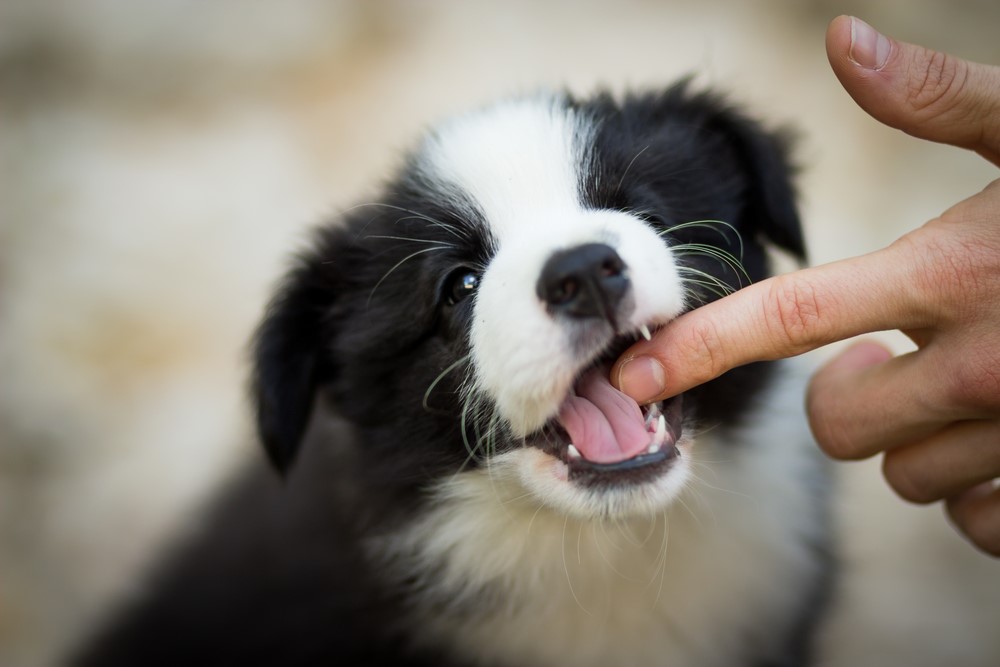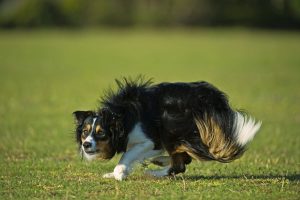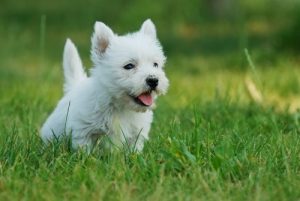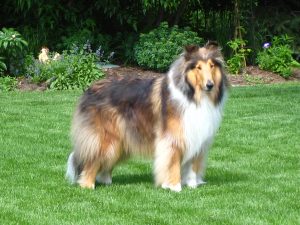So let’s talk Puppy Biting! Puppies are snuggly, cuddly, adorable, balls of fluff and TEETH! Puppy biting concerns are high on the list of inquiries I get for puppy training. Having raised many puppies, I truly understand my clients concerns, and pain. Ouch!
I know this is not what puppy parents want to hear, but … puppy biting is normal … and it is necessary. Yes, I did say necessary. Only through using their mouths, and teeth, do puppies learn how to inhibit their bite. When playing with mum or litter mates, if a puppy bites too hard, the receiver will give out a good YELP and immediately stop the play or other interaction. The biter learns that such hard biting gets them rejected and all fun stops.
Why do puppies need to learn bite inhibition? Because they are not born with it. Puppies who do not properly learn bite inhibition are destined to become hard biters as adult dogs.
Why do puppies bite?
1. They are over excited. Puppies have not yet learned good self-calming and self-control skills. When they are over aroused they often become bitey.
2. They are over tired. Puppies need a lot of sleep. If they do not get enough sleep or are hitting that point of needing a nap, biting behavior may become active.
3. They are over frustrated. Frustration is often a result of confusion, insufficiently learned lessons, or even (conscious or unmeaning) teasing by children or adults.
4. Our actions invite “Bite Me”. Sometimes our actions just say “bite me!” Waving, active hands, squeaky voices, running toddlers are all invitations to that say “bite me” to a puppy.
5. They are saying “no” to petting, play, or being picked up, or grooming. Some puppies may not be comfortable with you approaching them, petting them, picking them up or trying engage in grooming procedures. Some puppies may not be comfortable with this if startled, our by children, or when tired.
6. They are just being a puppy. Puppies explore their world with their teeth. They view the world with curiosity and exploration. They don’t have hands to pick things up with … they have teeth to grab and hold with.
Puppies need to be educated in how to inhibit their biting. This should be approached in a nurturing manner that does not create fear or distrust, or in a manner that “challenges” the puppy to “take the fight” and bite back harder or more frequently. How can we help puppies learn bite inhibition?
1. Don’t play games at a level that get your puppy over aroused. Take “settle breaks often.
2 Puppies need a lot of sleep. Teach children (and some adults) to let puppies rest. Give puppies a quiet place where they can rest.
3. Be aware of your interactions and communication. Are you behaving in a way that creates frustration in your puppy? Are there situations in your home or other environments where you take your puppy that create frustration? Start teaching your puppy fun and simple “relaxation protocol” and Coping skills such as: self-calming, self-control, and self-occupational skills (playing by themselves)
4. Become conscious of your actions. Jerky active hands induce puppy biting. Squeaky voices get puppies over excited, and induce puppy biting.
5. Pet your puppy when they are calm, but not sleeping (puppies need to sleep!) when picking up a puppy, don’t just grab at them, approach them calmly and then calmly pick up. Teach children not to grab at puppies and grab at them to pick them up. Don’t just assume your puppy likes having his bum or feet cleaned. Don’t assume they like being brushed. These are learned procedures that can easily be taught via positive reinforcement methods that build trust and cooperation.
6. Acknowledge that Puppies are Puppies. They explore with their mouth, they have not learned (we have not yet taught them) good self-control skills and bite inhibition yet. Learning takes time. But, with a conscious and positive approach, puppy biting will pass.






